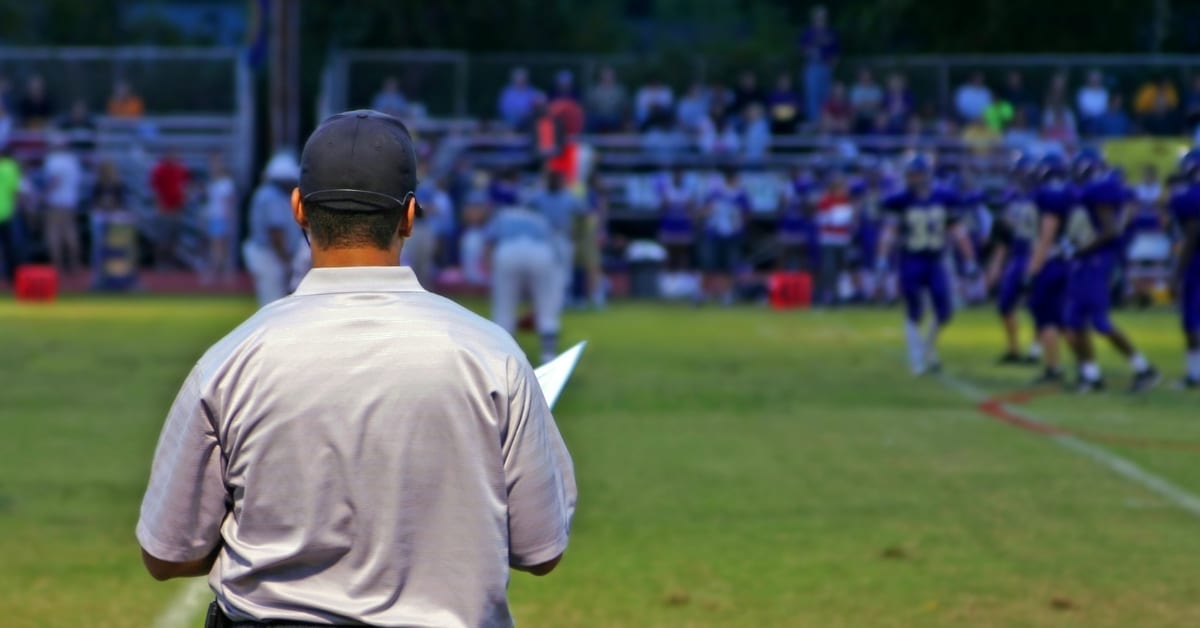Athletic directors are superheroes. They wear as many hats as leaders in a school and it is their ability to adapt, solve problems, and organize large groups toward a common goal that can spell success for a school’s athletic program and student-athletes.
While every athletic director brings his or her own skillset to a program, several traits universally define a successful athletic director. Here are 5 of the most important of these traits.

1. Leadership
As the head of a program, it is the director’s job to guide his or her team toward a common goal. The best athletic directors do this by modeling behaviors like integrity and perseverance, which are necessary for success.
Leaders are responsible for helping their teams to overcome obstacles, put aside differences, and work cohesively in pursuit of organizational success. Athletic directors have to do all of that while making sure their programs stay funded.
Flexibility in this leadership role, style, and tact are vital for any athletic director. Above all else, the best directors know how, when, and who to push to keep a program moving forward.
2. Organization
Between the budgets, schedules, and ever-changing rules and regulations, athletic directors have a lot of balls to keep in the air. Without a natural talent for organization, the job would be overwhelming.
The ability to not only keep everything straight, on time, in place, and running smoothly, and to help everyone in the program to do the same, is often what makes a successful athletic director.
3. Communication
Athletic directors must work to hone keen communication skills if they want to succeed. They are ultimately responsible for dealing with everyone from the student-athletes and parents to administrators, coaches, officials, and even donors.
Each of these audiences has a different perspective and requires a different communication style. Mastering the skills needed to communicate with them all is vital.
4. Problem-Solving
Unfortunately, things rarely run smoothly for athletic directors. They must be prepared to make decisions in a snap, pivot direction at a moment’s notice, and think creatively to solve complex problems that nobody saw coming.
When it is your job to decide where money, personnel, and time are sent in a program, you have no choice but to be quick and confident in your problem-solving skills.
5. Vision
It is athletic directors who are responsible for defining the vision for their programs. Once defined, it is their job to share it with others and inspire them toward that vision.
Students, coaches, administration, and communities member rely on a director’s ability to see and illuminate the road to success.

Check out our ebook for some tips to help athletic directors and organizers succeed.





